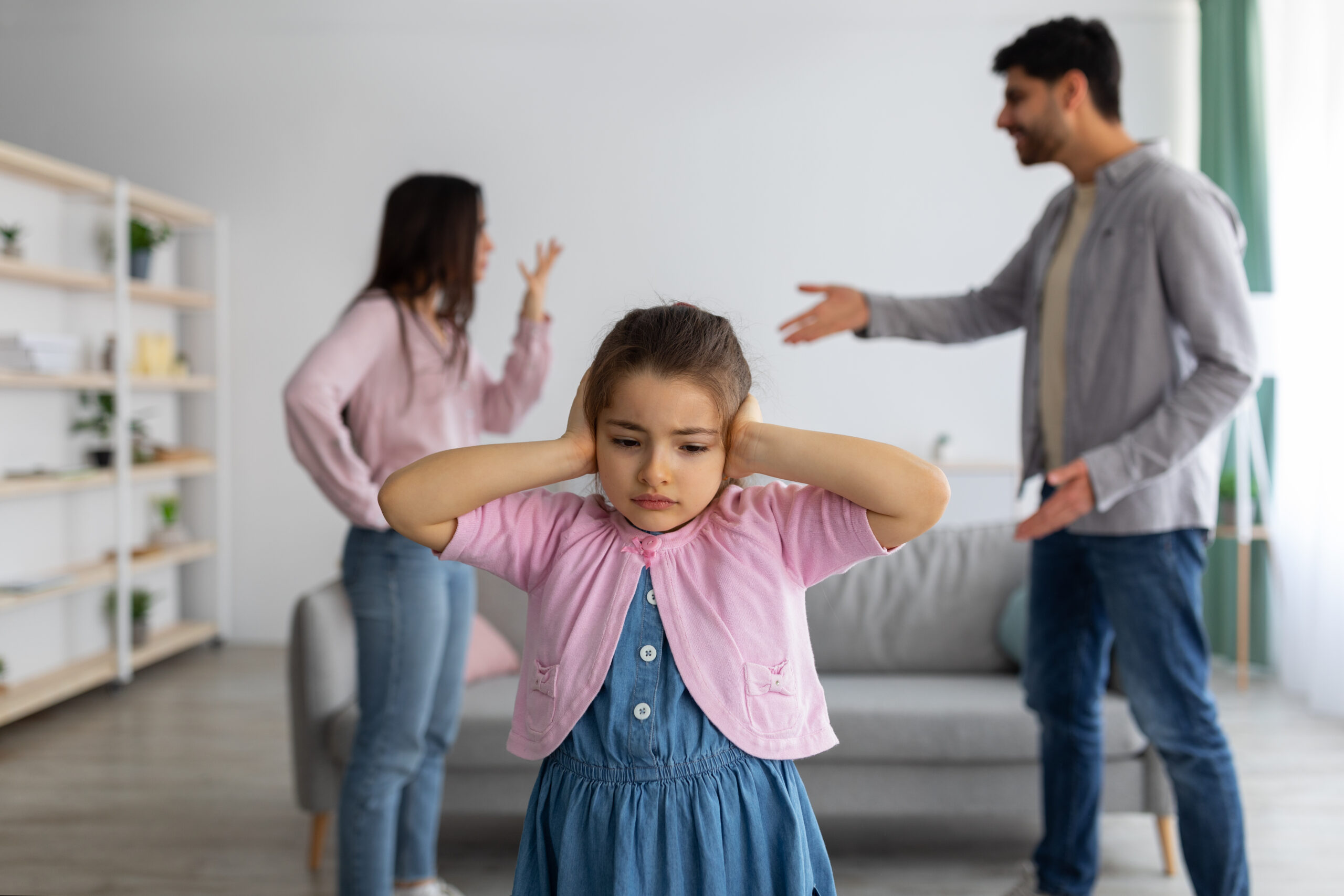There are many challenges that parents face when dealing with an emotionally abusive partner. What do you tell your children, and how do you help them cope with what is happening? Lenne’ Hunt provides some answers and insight on how to help your kids cope with separation.
How to Help Your Kids Cope with Separation
Separation and divorce are challenging for everyone involved, especially when children are in the picture. Parents often grapple with the dilemma of what’s best for their kids when their marriage is on rocky ground. The COVID-19 pandemic has only intensified these concerns, making it essential to address them effectively. In this article, we’ll explore strategies for helping your children cope with separation while maintaining their emotional well-being.
What to Tell Kids
The way you communicate with your children during a marital crisis plays a pivotal role in their emotional development and resilience. It’s crucial to validate their perceptions while providing a stable and secure base. Here’s what you should keep in mind:
1. Acknowledge Their Reality: When your kids come to you with questions or concerns about the conflict they’ve witnessed, don’t dismiss their perceptions. Acknowledge that there are difficulties in the marriage, but be mindful of how much detail you share. The level of information should match their age and maturity.
2. Normalize Healthy Conflict: Conflict is a natural part of any relationship, including marriages. However, it’s essential to differentiate between healthy disagreements and toxic arguments. Let your children know that disagreements are normal, but disrespectful and harmful behaviors are not.
3. Offer Unconditional Love and Stability: Regardless of the marital situation, reassure your children of your unwavering love for them. Emphasize that their well-being remains a top priority, and your presence in their lives will remain stable.
What Not to Do
While supporting your children through a difficult time, avoid the following pitfalls:
1. Denying the Problem: Denying or gaslighting your children’s perceptions can be harmful. It invalidates their feelings and can lead to confusion and emotional distress.
2. Involving Them in Adult Conflicts: Protect your children from witnessing intense adult conflicts or becoming pawns in marital disputes. Shield them from the worst aspects of the conflict to maintain their emotional safety.
What’s Best for Kids with Regard to Separations in Marriage
Separations come in various forms and serve different purposes. From a child’s perspective, what’s best often hinges on the overall impact on their well-being. Here’s what you should consider:
1. Children’s Access to Both Parents: Separation inevitably leads to changes in children’s daily routines and access to both parents. While it’s ideal for children to have regular contact with both parents, it’s also essential to prioritize their emotional safety. Physical violence or emotional abuse should never be tolerated.
2. The Impact of a Broken Home: Growing up without one parent in the household can leave a void, but staying in a toxic marriage can also negatively shape a child’s perception of relationships. Children often model their future relationships based on their parents’ behaviors, so it’s essential to consider what you’re teaching them.
3. The Potential for a Cooperative Separation: If both partners can cooperate and prioritize the needs of the children, it’s possible to minimize the negative impact of separation or divorce. Effective co-parenting and open communication are key factors in achieving this.
Conclusion
Helping your kids cope with separation during marital conflict is a complex and emotionally charged process. It’s crucial to strike a balance between validating their feelings and maintaining a stable and loving environment. While separation and divorce may have consequences, staying in a damaging environment can be equally harmful.
Remember that seeking professional guidance can provide you with the tools and strategies necessary to navigate this challenging time effectively. The well-being of your children should remain at the forefront of every decision, even during the most turbulent moments of your marriage.
To learn how we can help, reach out to us at (206) 219-0145 or info@marriagerecoverycenter.com to speak with a Client Care Specialist
Also read: How to Set Boundaries with Toxic People
About Dr. Hawkins:
The internet is inundated with hyperbole and misinformation about narcissism, leaving many people confused and hopeless. Get the facts on narcissism and emotional abuse from someone who has been researching, writing about and treating narcissism and emotional abuse for over a decade.
Dr. Hawkins is a best-selling author and clinical psychologist with over three decades of experience helping people break unhealthy patterns and build healthier relationships.
He is the founder and director of the Marriage Recovery Center and the Emotional Abuse Institute which offers education, training and counseling for people who want to break free of, and heal from, emotional abuse. Whether the perpetrator of the abuse is your spouse, partner, parent, boss, friend or family member, we offer practical advice for anyone trapped in a toxic, destructive relationship.
In addition to narcissism & emotional abuse, you’ll learn about the lesser known forms of abuse, including covert abuse, reactive abuse, spiritual abuse, secondary abuse, relationship trauma and much more.








